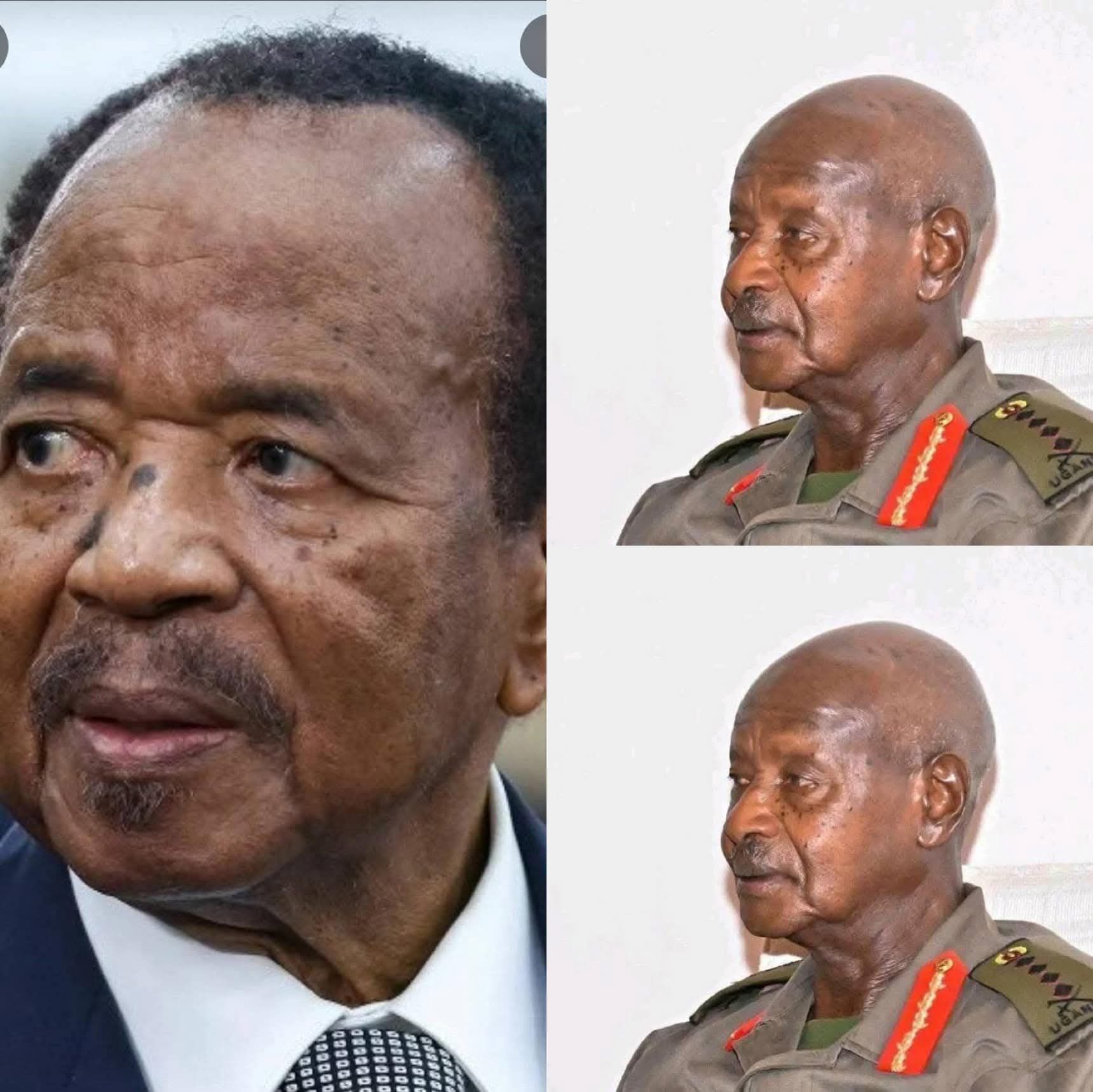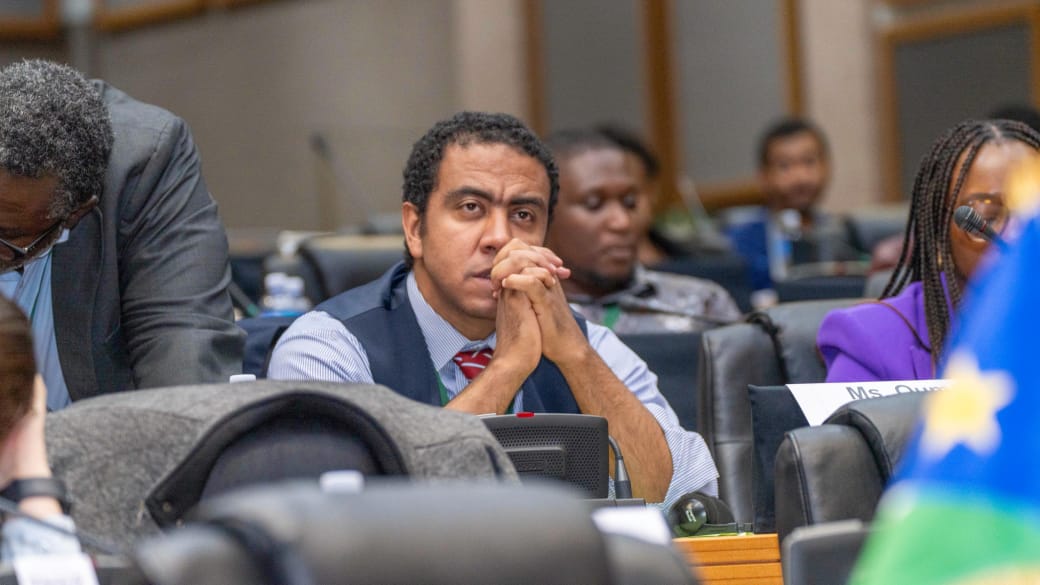The Throne and the Ballot Box: Why Traditional Rulers Must Rise Above Partisan Politics
By Taa Nformi Wakili P.
In an era of heated political contests, the allure of power can draw everyone into the fray. Yet, there exists one pillar of society whose strength and legitimacy depend precisely on its resistance to this allure: our traditional institutions. From the Fons of Cameroon and the Obas of Nigeria to the countless Chiefs and Kings across Africa, traditional rulers must safeguard their role by remaining steadfastly above the partisan political battle. To become a politician is to cease being a king.
This is not merely a philosophical ideal; it is a lesson etched in history and codified in the legal instruments of modern nations. The efficacy and survival of traditional institutions depend on their adherence to a non-partisan, unifying role.
The Source of Their Power: Tradition, Not the Ballot Box
The authority of a traditional ruler does not spring from a political manifesto or a majority vote. It is rooted in something far more profound: custom, ancestry, and the collective soul of a people. Their legitimacy is derived from their role as the living embodiment of their culture and history.
– In Nigeria, the Emir of Kano or the Ooni of Ife is a symbol of unity for all their people, regardless of whether they voted for the APC or PDP.
– In Cameroon, the Fon of Mbot or the Fon of Bafut is a custodian of tradition for everyone in their chiefdom, irrespective of their political party.
The moment a traditional ruler endorses a candidate or a party, they shatter this unifying symbol. They transform from a father of all to a champion of some, inevitably alienating a portion of their subjects and reducing their stature to that of just another political operative. Their profound, traditional authority is traded for the fleeting influence of a political endorsement.
The Lesson from History: The Evolution of the British Monarchy
The most potent example of this successful evolution is the British monarchy. There was a time when English kings like Charles I engaged directly in political and military conflict against Parliament. The result was civil war and his eventual execution.
The Glorious Revolution of 1688 began a centuries-long process of divorcing the monarchy from direct politics. Today, by unwavering convention and law, the British monarch is scrupulously non-partisan. They “reign but do not rule.” Their power is symbolic, their influence is quiet, and their neutrality is their greatest asset. This is why the monarchy remains a stable, revered institution despite the constant political chaos in Westminster. It provides continuity and national unity precisely because it is not implicated in the day-to-day partisan struggles.
This is the model to emulate: influence through neutral dignity, not through political combat.
The African Reality: Cautionary Tales and Legal Frameworks
The post-colonial African experience is littered with cautionary tales of traditional rulers who became entangled in politics. Those who openly take sides often find their palaces become targets for political violence. Their influence becomes contingent on their side winning, and they are swiftly discarded if the political winds change.
Recognizing this danger, many African states have explicitly defined the apolitical role of traditional rulers in their legal instruments:
Nigeria
– The 1976 Local Government Reform restructured governance by establishing elected local councils and relegating traditional rulers to advisory roles. This marked a formal shift away from their executive authority.
– The 1999 Constitution (Third Schedule, Part I) recognizes traditional rulers in the context of advisory councils but grants them no legislative or executive powers.
– Various State Chieftaincy Laws (e.g., Oyo State Chieftaincy Law) include codes of conduct discouraging overt partisan politics to preserve the dignity of the throne.
Cameroon
– Traditional rulers are formally classified as “auxiliaries of the administration” under decrees of recognition. This legal term defines them as external supports to the state, not integral parts of the partisan government machinery.
– Their role is to facilitate governance, mediate community affairs, and preserve cultural heritage, not to formulate or enforce partisan policy.
These legal frameworks are not limitations; they are protections. They shield traditional institutions from the corrosive and divisive nature of politics, allowing them to focus on their primary duties: conflict resolution, cultural preservation, and community development.
The Path Forward: Influence, Not Power
This is not to say traditional rulers should have no voice. On the contrary, their voice should be louder and more respected than any politician’s, but it must be wielded differently.
Their role is to be:
– The Conscience of the People: Advocating for good governance, development, and justice from a neutral, moral high ground.
– A Bridge for Peace: Mediating conflicts between communities and even between political actors, a role impossible if they are seen as partisan.
– The Guardian of Culture: Preserving the language, history, and traditions that form the community’s identity, far beyond the lifespan of any political term.
A traditional ruler who whispers wise counsel in the ear of a President or Governor holds far more influence than one who shouts slogans at a political rally. The former is seen as a sage; the latter, just another candidate.
Conclusion: The Sanctity of the Throne
The throne is not a political platform; it is a sacred trust. The moment a traditional ruler dons the colors of a political party, they step down from that throne and onto the shaky ground of partisan competition. They sacrifice permanent legitimacy for temporary advantage.
The wisdom of history, from the evolution of the British crown to the legal frameworks of African nations, points to one immutable principle: the survival and relevance of traditional institutions depend on their neutrality. For the sake of their people’s unity and their own legacy, our traditional rulers must fiercely guard their independence. Their power lies not in choosing a side but in being the anchor for all sides.
The Throne and the Ballot Box: Why Traditional Rulers Must Rise Above Partisan Politics






